Euronews prepares special report on Aral Sea region
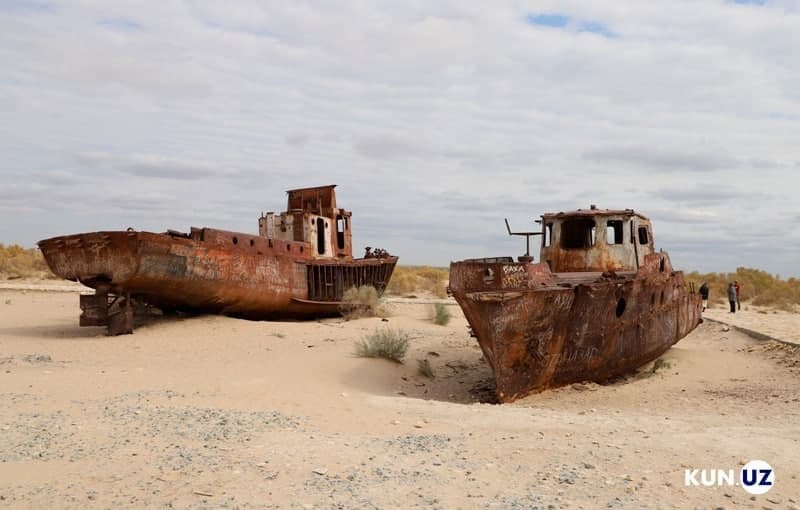
Photo: Kun.uz
Euronews TV channel has prepared a special report on the Muynak district of Karakalpakstan and the Aral Sea region.
It talks about the disappearance of the Aral Sea.
“In the 1960s the Aralkum desert didn't exist and the area was covered by the giant Aral Sea. At the time it was the fourth largest lake in the world, but now it is just a tenth of its former size.
In the Soviet era, one of the worst environmental tragedies was perpetrated when the two rivers that fed into it, the Amu Darya and Syr Darya, were diverted to irrigate fields - mostly growing cotton, a thirsty crop unsuitable for the region.
The sea irrigated a semi-desert region so that these crops could be grown but as it did, it steadily shrunk,” the report says.
It adds that Uzbekistan is working with international agencies to reverse the desertification that's long blighted the region.
A government program with financial and technical aid from international agencies is planting shrubs and trees to combat the desertification and re-green parts of the region.
Over a million hectares have already been greened in the Muynak district.
The most important plant is the black saxual shrub which is renowned for its hardiness and ability to withstand drought for long periods.
The shrub acts as a shield, stopping the salt and the sand from being whipped up into the air and carried by the wind to populated areas.
When the Aral Sea shrank, not only did local people lose a fishing industry they also began to suffer health problems from the toxic dust in the air and the polluted water they drank.
One project that aims to rehabilitate the region is called "My Garden in the Aral Sea" and the eventual goal is to plant a million trees and shrubs.
Ash, Elm, willow and catalpa trees have all been chosen for their drought resistance and hardiness.
Slowly the desertification is being reversed.
In 2018 the UN Aral Sea Trust Fund was created and to date, it's raised 15 million euros with Uzbekistan and the EU being the largest donors.
The goal is to have a common strategy for the Aral Sea region.
Related News
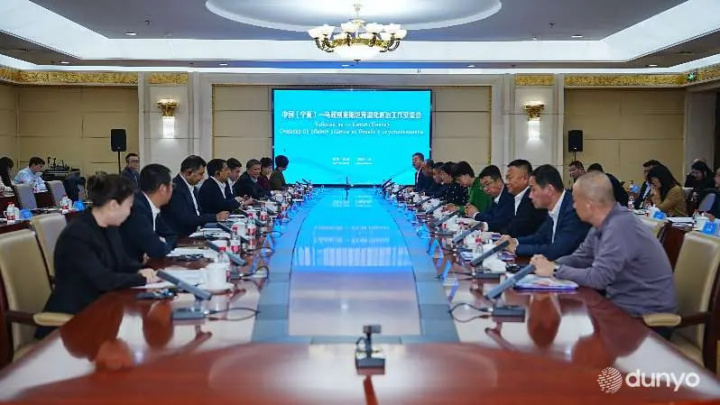
10:25 / 03.02.2026
Tashkent and Beijing expand regional cooperation in green development and agriculture
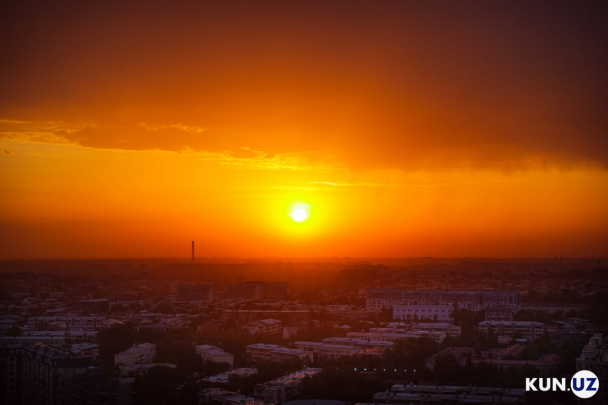
17:13 / 07.01.2026
2025 ranks among Uzbekistan’s warmest years on record
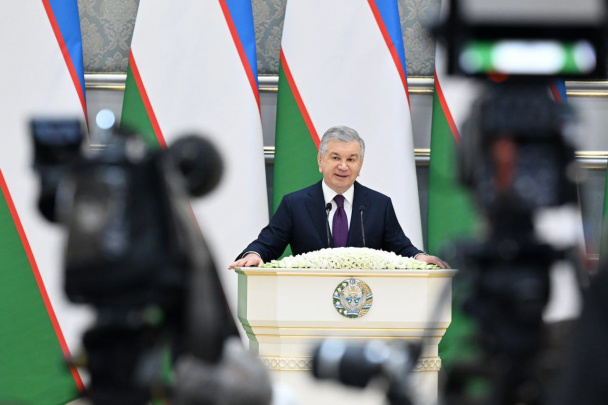
15:51 / 10.12.2025
Government sets higher crop targets as new farming technologies are introduced
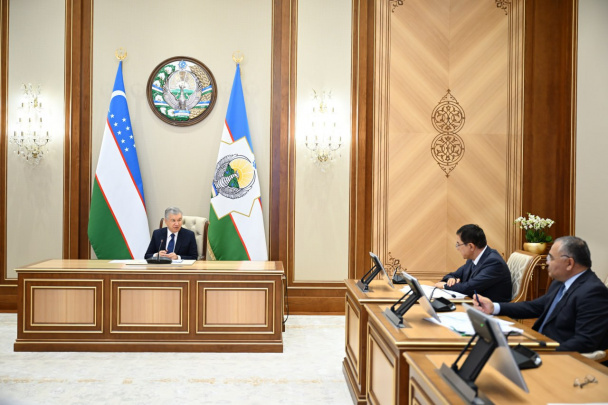
19:58 / 09.12.2025




